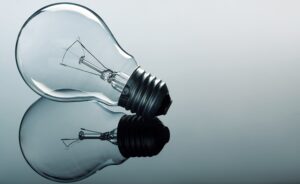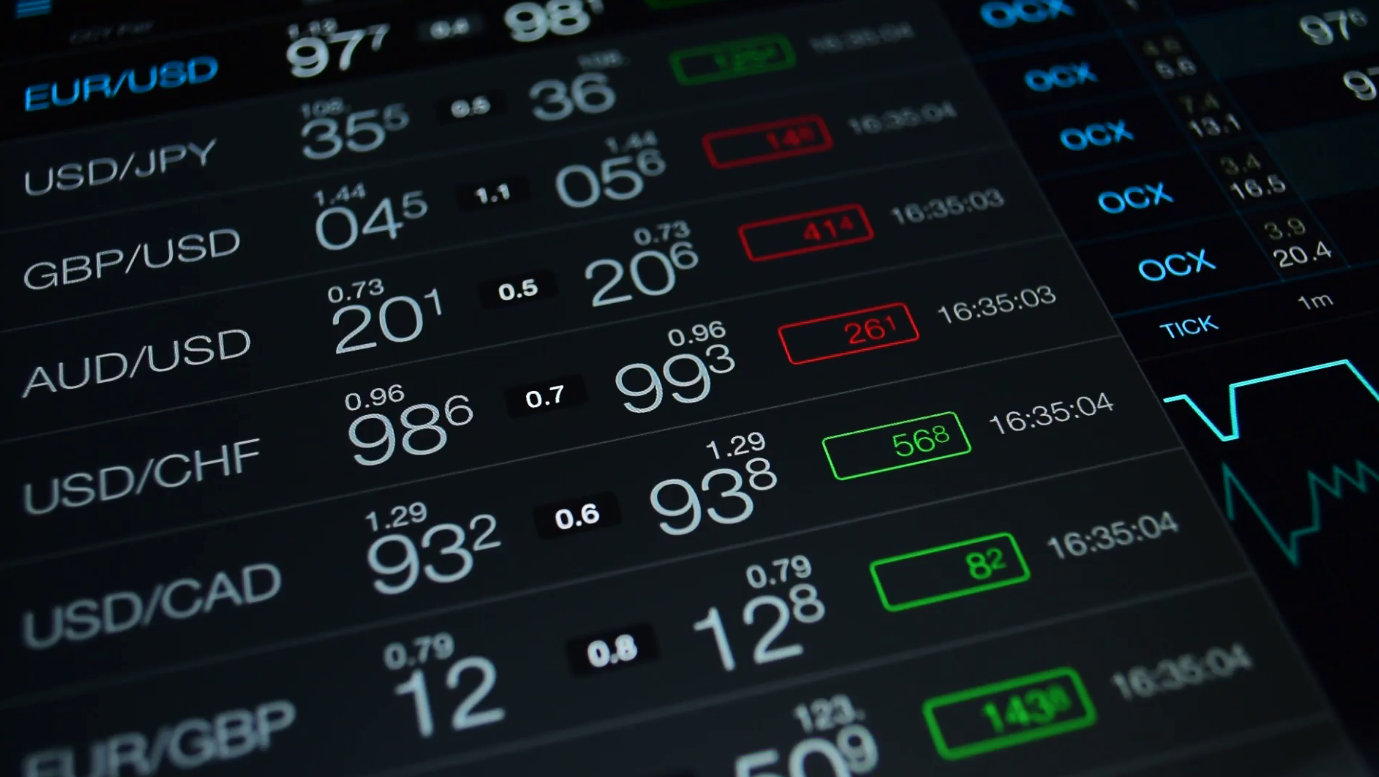Good luck trying to sanction China’s 4,762 Little Giants

AN UNPRECEDENTED catalogue of sanctions has proved to be a powerful weapon in hobbling the Russian economy in response to Vladimir Putin’s unprovoked invasion of Ukraine. And the threat of ensnaring Chinese companies in their web has restrained Beijing’s backing for its ally.
But sanctions lose their bite if your adversary is woven into the global supply chain. And that’s what China has done this century — it’s moved up the value chain from socks to robots. Beijing has stepped up efforts to nurture innovative small- and mid-sized enterprises, hoping some will become indispensable to multinational companies.
The so-called “little giants” initiative is not new — it goes back more than a decade. But it was in 2018, after the trade war between the US and China heated up, that Beijing began to seriously push this program. The government picked up the pace last year, offering 10 billion yuan ($1.6 billion) in grants and subsidies, as well as new financing channels. The new Beijing Stock Exchange, launched in November, is designed to help fund innovative SMEs.
As of 2021, China has recognized 4,762 little giants, with 74% in manufacturing and another 20% in scientific research and technology services, according to data compiled by HSBC Holdings Plc. It plans to spot 3,000 more this year.
These little giants are nothing like big tech behemoths such as Alibaba Group Holding Ltd. or Tencent Holdings Ltd., whose businesses span from social media, cloud computing, to e-commerce. They are highly specialized. For instance, Beijing-based ForwardX Robotics, which recently raised $31 million from a series C funding round, makes robots for warehouses and logistics companies. They aim to burrow deep in the global supply chain.
To be sure, the West is willing to take a hit to make a point. The US-sanctioned Huawei Technologies Co., which once spent $11 billion a year on its suppliers. However, when the risk of disruption is too great, cold feet can ensue.
Even when it comes to Putin’s Russia. While the Treasury sanctioned oligarch Alisher Usmanov, detaining his yachts and private jets, they exempted his businesses, many of which are important inputs to manufacturing. His companies supply half of the world’s merchant hot briquetted iron, a raw material for steel production. Officials worry that acting against Usmanov could drive up metals prices, the Wall Street Journal reported. After all, inflation already hit 7.9%, the highest since the 1970’s OPEC oil embargo.
By the same token, will the Treasury want to sanction a Chinese firm that is an essential supplier to American businesses such as Apple, Inc.? Sanctions are meant to inflict damage on your adversary, not on yourself. While behind on semiconductors and aerospace, Chinese firms are already leading forces in electric-vehicle batteries, machine tools and robotics, according to Gavekal Dragonomics, a research firm.
US sanctions have clearly damaged some of China’s tech ambitions. Huawei’s 29% slide in revenue last year was testament to that. But they also forced Beijing’s policy makers to shore up their economic vulnerabilities. These days, by thinking little, they are actually aiming big.
BLOOMBERG OPINION




